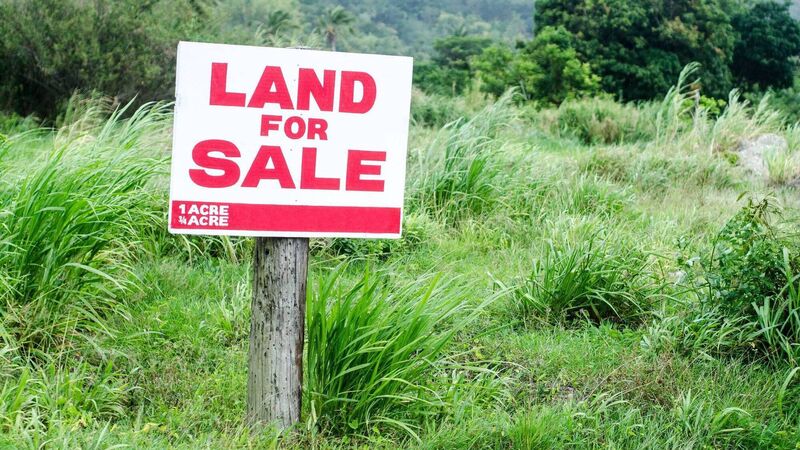A solicitor's tips for a smooth land sale

Buying agricultural land is probably the most expensive purchase a farmer will ever make.
Dear Reader,
It is not too often that land comes up for sale neighbouring your own farm, and it is a great opportunity.
Buying agricultural land is probably the most expensive purchase a farmer will ever make. When purchasing property, one enters into a contract of sale. The concept of a contract lies at the heart of everyday business and is the method by which all business, from the simplest to the most complex, is done.
Once a contract has been signed by the vendor and the purchaser and a full deposit is paid, a legally binding contract comes into being. In some cases, there might be conditions inserted into the contract for sale, so it is only when the conditions are fulfilled that the legally binding contract comes into existence.
Before signing a contract for sale, it is very important the purchaser instructs an engineer to:
Prepare a building condition report of the buildings on the landholding, including utilities such as water, sewerage, electricity, gas, etc.
- Prepare a structural survey of the property to ensure the structural integrity of the buildings on the land;
- Carry out a boundary inspection to ensure that the acreage of the land on the ground corresponds with the map attached to the contract for sale;
- Ensures compliance with planning permission and building regulations and that a full planning search is carried out.
A circuit court case in 2015 demonstrated the importance of ensuring the map outlining the property being furnished is checked by a competent surveyor in advance of purchase. In that case, the plaintiffs purchased a house at auction for €750,000 in Dublin.
A builder friend had used a “compass and a ruler” to measure the back garden. The plaintiffs sued the defendants — the next-door neighbours, for trespass, alleging they had wrongly built a dividing wall 4ft into their garden.
The court found the map used in the sale had not properly outlined the back garden of the property, and no warranty had been given by the vendor, who had specifically refused to identify the boundaries.
If obtaining a loan and charging or mortgaging the lands in favour of a financial institution, it will be necessary to produce evidence the buildings, if any, on the lands being given as security, have the benefit of full planning permission and are in compliance with planning permission.
A common cause of delay in such transactions is when life insurance and fire insurance have not been put in place in time. Failure to arrange such matters, such as life policies, direct debit mandates, engineers' reports, buildings insurance, etc, as required by the financial institution — solicitors are prohibited from acting on behalf of both a borrower and a lender in a commercial property transaction because of the inherent conflict of interest.
Accordingly, the bank will appoint its own solicitor to represent its interests in the transaction. The borrower will need to appoint his/her own solicitor. The borrower may also be responsible for the bank’s solicitor’s fees. It is important to check this in advance with the financial institution.
It is important to factor into the budget any stamp duty, legal and Land Registry fees payable in order to complete the purchase. Stamp duty at a rate of 7.5% is payable on agricultural land unless the purchaser can satisfy the conditions to claim Young Trained Farmer Relief.
Following on the signing by the purchaser of the purchase deed, his /her solicitor will proceed to stamp it with the Revenue Commissioners and then register it in the Land Registry.
Email: info@walshandpartners.ie
- While every effort is taken to ensure the accuracy of the information contained in this article, Karen Walsh does not accept responsibility for errors or omissions howsoever arising. Readers should seek legal advice in relation to their particular circumstances at the earliest opportunity.


